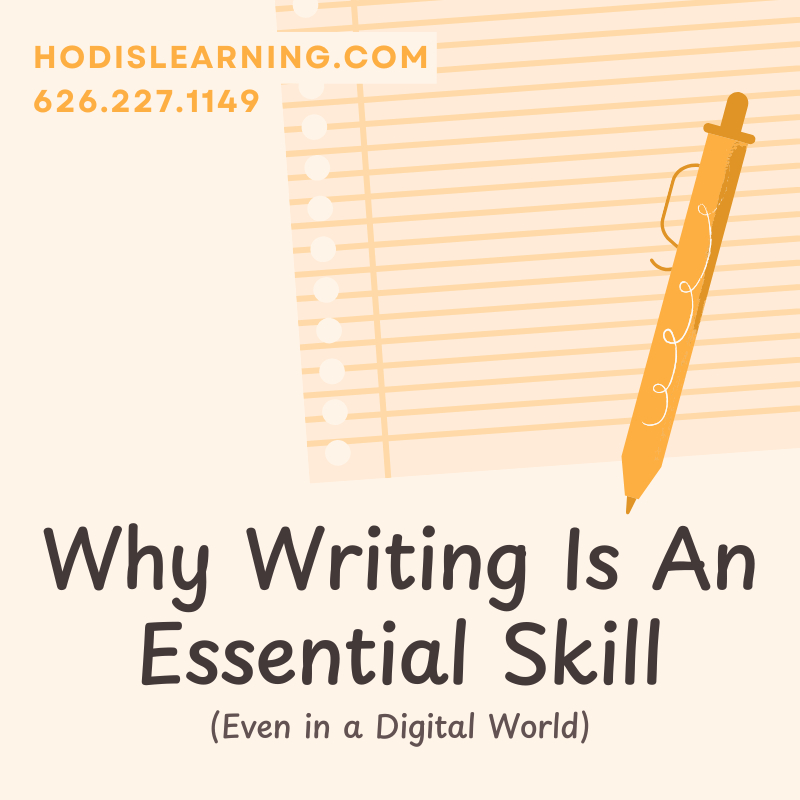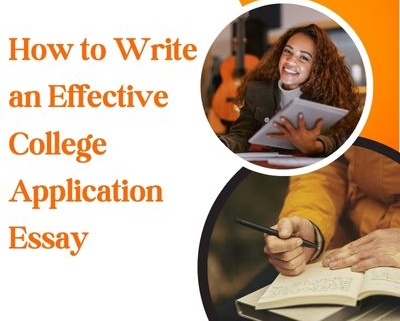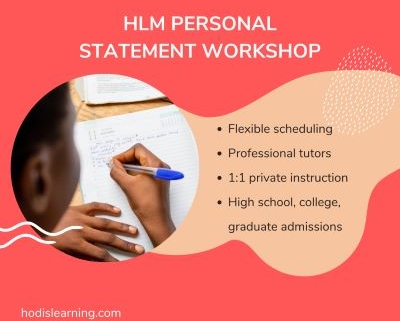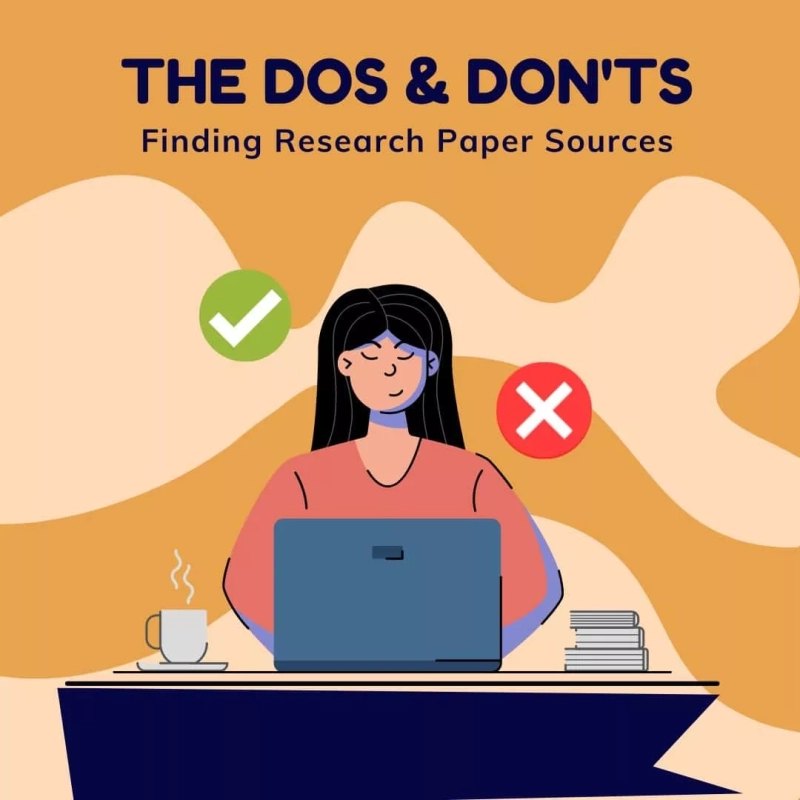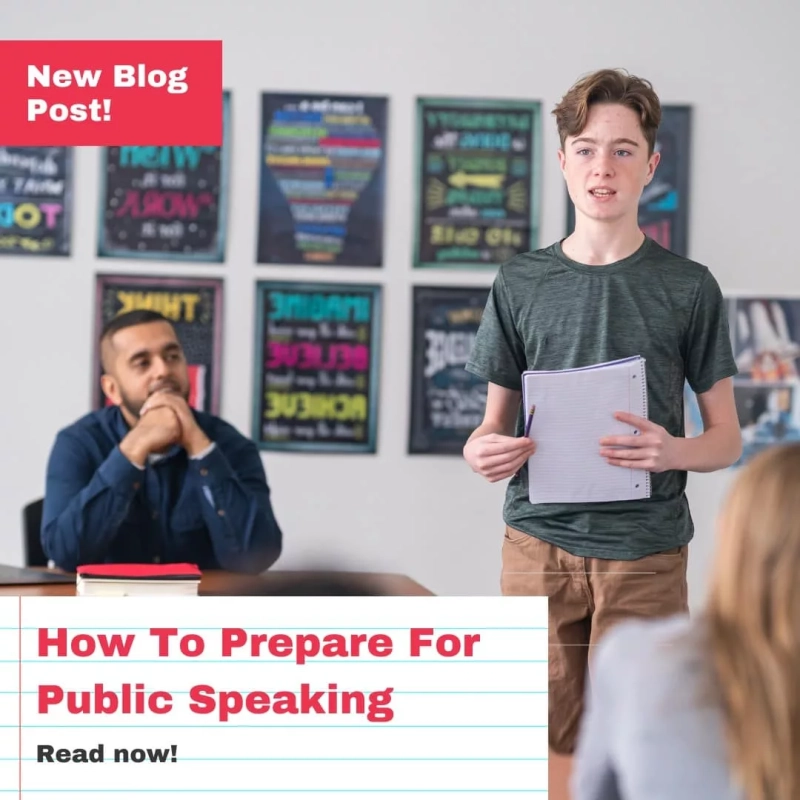When students think of writing, it’s often in the context of academic work, like essays, reports, and research papers. However, even in this digital age, the ability to write well is a valuable skill. It’s a powerful form of personal expression and can impact professional success. Below, we’ve outlined some key reasons why writing is essential and how students can benefit from it, even beyond the classroom.
- Enhance Communication Skills
Clear and effective writing is fundamental for communication. Drafting emails, composing social media posts, or writing business proposals are all professional activities that require the ability to articulate thoughts and objectives well.
- Boost Creativity and Self-Expression
Writing is a powerful tool for self-expression. It allows you to explore thoughts, emotions, and ideas. Short stories, poems, and personal essays are fantastic ways to foster creativity and express feelings and ideas.
- Support Career Readiness
Strong writing skills are essential in almost every profession. From crafting resumes and cover letters to creating reports and presentations, the ability to write well can significantly impact career success in a variety of industries and throughout your career.
- Improve Critical Thinking and Problem-Solving
Writing can help you as a student organize your thoughts, analyze information, and construct logical arguments. These skills are valuable beyond academics and can help you with decision-making and problem-solving in everyday life.
- Build a Personal and Professional Brand
In today’s digital age, writing plays a key role in personal branding. Whether maintaining a blog, engaging on social media, or creating a portfolio, writing can help define your brand and make it stand out in a crowded digital space.
To Sum It All Up
Writing is a lifelong skill that will help students long after they finish school. Academic tutoring can help students develop this important skill. From English essays to biology lab reports, we have expert educators who can help you create standout written assignments. Additionally, our tutors can help students with other writing projects like college application essays, student newspaper articles, and even personal poetry. Call or email us today to get started!

